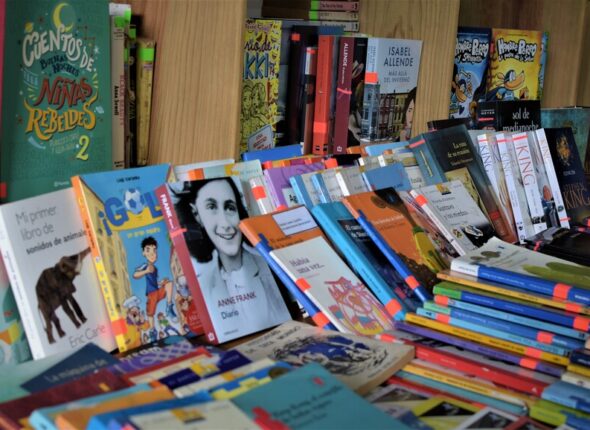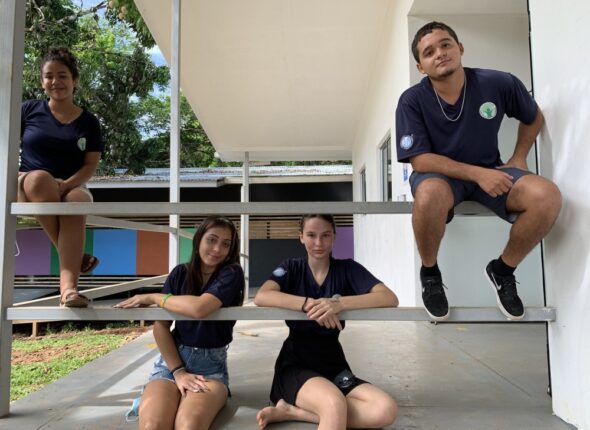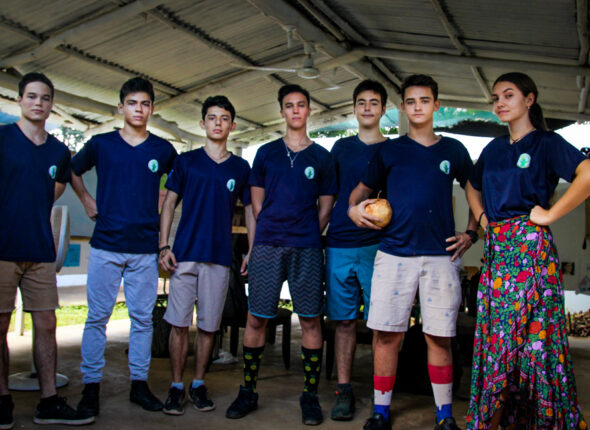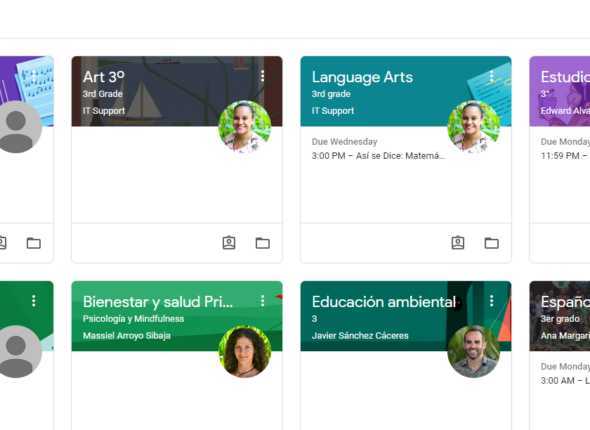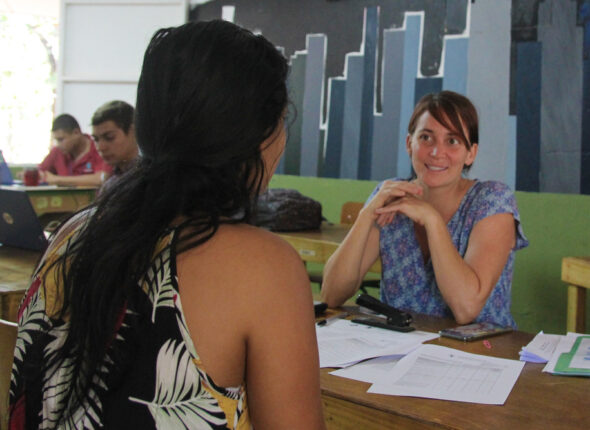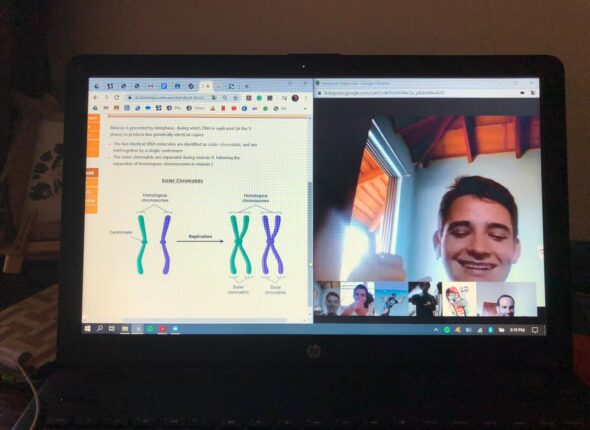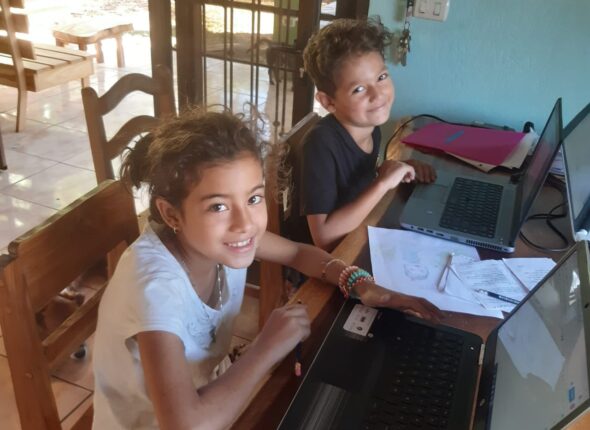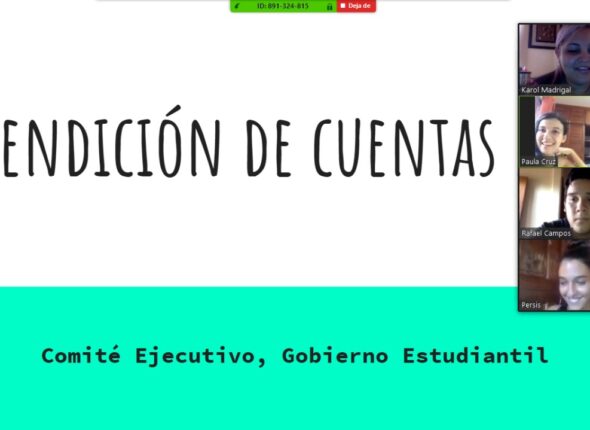Community Library: A project for the whole community
In the Peninsula sector, especially in the area of Paquera, Tambor, Cóbano, Montezuma, Santa Teresa and surrounding areas where there…
IB thinking: the learning is never done and it’s for everyone!
The International Baccalaureate is not only for Diploma Program students, 11th and 12th graders. The IB Organization offers programs in…
Portrait of a Graduate: Summary
Over the past few weeks, we have all gotten to know our 12th grade, and 2nd generation International Baccalaureate students,…
Online Learning – How, When and Why?
As schools around the world transitioned to distance learning models in response to the novel Coronavirus pandemic, there have been…
The Impact of the COVID-19 Pandemic on Students in their Last Year of High School
We all remember our last year of high school: a moment in each of our lives full of all kinds…
Parent Teacher Conferences
Conferences offer the opportunity for families and teachers to discuss student progress, share the report card, discuss student strengths and…
IB skills put to the test with online learning
An integral part of an IB education, which our students are well aware of, is the IB’s Profile of a…
Reflections of an IB Student
The CAS program requires students to experience different stages of learning through their projects or experiences. These stages are research,…
Celebrations, Successes and FAQs about Online Learning
Futuro Verde has been pleased with the roll-out of our online learning program in response to the novel coronavirus, COVID-19.…
Civic Duty in Action
In the face of a crisis like the one we are currently experiencing worldwide, it is of utmost importance to…


